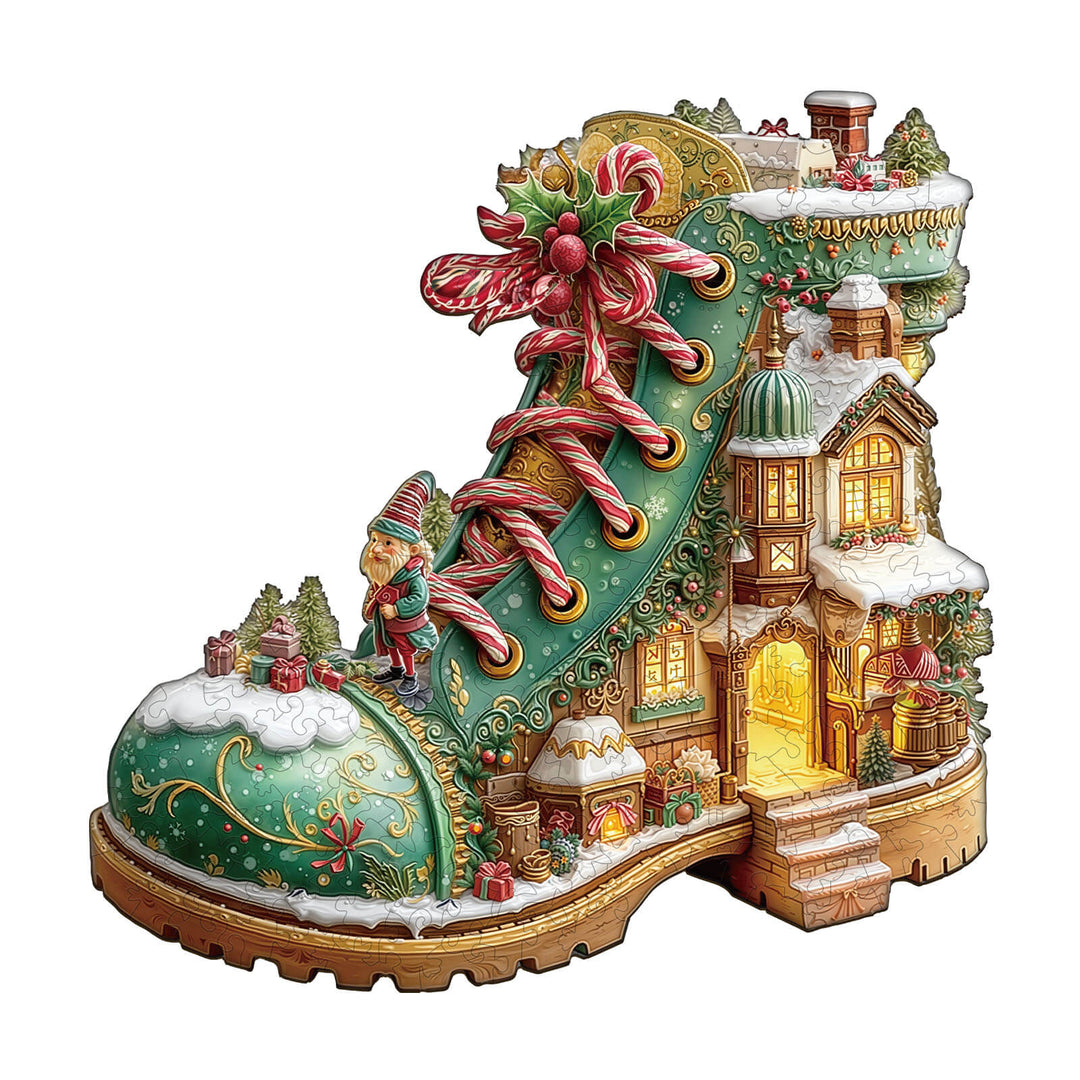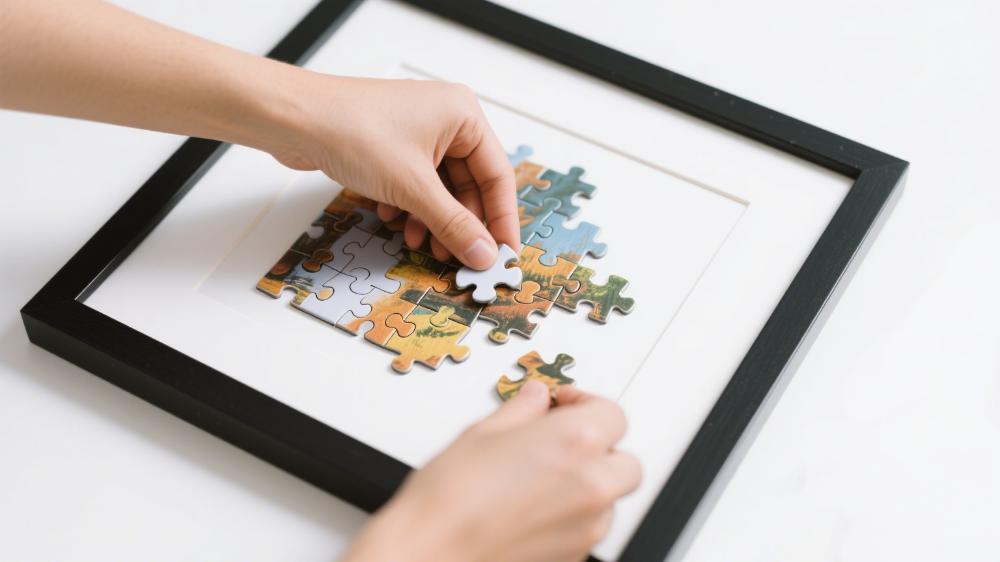Wooden Puzzles vs Traditional Puzzles: What's the Difference
Puzzles have been a beloved pastime for generations, offering hours of entertainment and a sense of accomplishment upon completion. However, not all puzzles are created equal. When it comes to choosing between wooden puzzles and traditional puzzles, understanding their differences can help you decide which is right for you or your family.
Material and Durability
Wooden Puzzles:
Wooden puzzles are crafted from high-quality, durable wood, making them more robust than their traditional counterparts. The pieces are thicker, sturdier, and less prone to bending or breaking, ensuring a longer lifespan. This durability makes wooden puzzles an excellent choice for younger children or for those looking to invest in a puzzle that can be enjoyed for years to come.
Traditional Puzzles:
Traditional puzzles are typically made from cardboard or chipboard. While these materials are less durable than wood, they are more flexible and easier to produce in large quantities. This often makes traditional puzzles more affordable. However, the pieces can be more easily damaged, especially with frequent use.
Aesthetic Appeal
Wooden Puzzles:
Wooden puzzles often feature intricate designs and vibrant, long-lasting colors. The natural grain of the wood adds a unique and charming aesthetic, making them not only a fun activity but also a beautiful display piece when completed. Many wooden puzzles are hand-painted or printed with high-quality inks, adding to their visual appeal.
Traditional Puzzles:
Traditional puzzles offer a wide variety of images, from landscapes and famous artworks to custom photo puzzles. The printing quality can vary, but modern manufacturing techniques have improved the clarity and vibrancy of these images. While they may lack the unique charm of wood, traditional puzzles offer endless variety in terms of subject matter and design.
Environmental Impact
Wooden Puzzles:
Wooden puzzles are often considered more eco-friendly. Many are made from sustainably sourced wood and use non-toxic paints and finishes. Additionally, their durability means they are less likely to end up in landfills compared to their cardboard counterparts.
Traditional Puzzles:
Traditional puzzles are usually made from paper-based materials, which can be recycled. However, the production process often involves adhesives and inks that are not always environmentally friendly. Some manufacturers are making strides toward more sustainable practices, but the environmental impact can still be higher than that of wooden puzzles.
Educational Value
Wooden Puzzles:
Wooden puzzles are particularly popular for educational purposes. Their durability and larger pieces make them suitable for young children, helping to develop fine motor skills, hand-eye coordination, and problem-solving abilities. Many wooden puzzles are designed with educational themes, such as letters, numbers, and shapes.
Traditional Puzzles:
Traditional puzzles offer educational benefits as well, particularly for older children and adults. They can help improve cognitive skills, memory, and spatial awareness. The wide variety of images and themes available means there is a puzzle to suit almost any interest, from geography and history to art and science.
Cost
Wooden Puzzles:
Due to their durability and the quality of materials used, wooden puzzles tend to be more expensive than traditional puzzles. They are often seen as an investment piece, providing long-term enjoyment and lasting value.
Traditional Puzzles:
Traditional puzzles are generally more affordable, making them accessible to a broader audience. The lower cost allows for a greater variety of puzzles to be purchased and enjoyed without significant financial commitment.
Conclusion
Both wooden puzzles and traditional puzzles offer unique benefits and can provide hours of entertainment and educational value. Wooden puzzles stand out for their durability, aesthetic appeal, and eco-friendliness, making them a great choice for young children and those looking for a lasting keepsake. Traditional puzzles, on the other hand, offer a vast array of designs and affordability, making them accessible and appealing to puzzle enthusiasts of all ages.
Whether you prefer the timeless charm of wooden puzzles or the diverse options of traditional puzzles, both types can bring joy and a sense of accomplishment to puzzlers everywhere.







